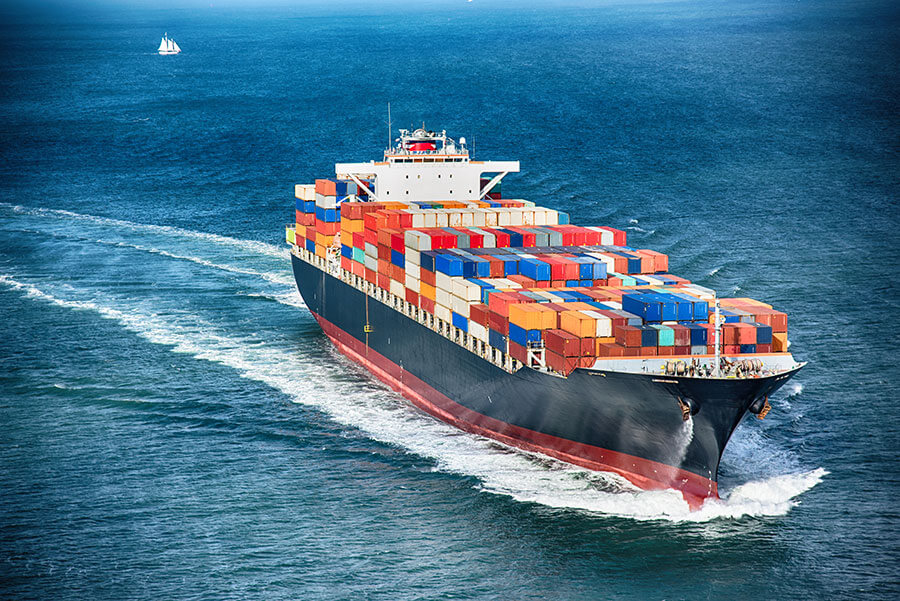Navigating the Depths: Unveiling the Significance of Marine Transportation
2 min read
Marine transportation, a vital component of global trade and commerce, plays a pivotal role in connecting nations, facilitating economic growth, and ensuring the availability of essential goods worldwide. In this blog post, we will delve into the multifaceted aspects of marine transportation, exploring its significance, benefits, and impact on various industries and the global economy.
- Efficient and Cost-Effective:
Marine transportation offers unparalleled efficiency and cost-effectiveness for the movement of goods on a large scale. With the ability to carry substantial cargo volumes, ships provide economies of scale, reducing transportation costs per unit. This advantage is particularly evident in the transportation of bulk commodities such as oil, coal, and grains. - Global Trade Facilitation:
As over 90% of global trade is conducted through maritime routes, marine transportation serves as the backbone of international commerce. It enables the exchange of goods between countries, fostering economic growth, and promoting cultural exchange. The vast network of ports and shipping lanes connects continents, allowing for seamless trade flows and the development of global supply chains. - Environmental Sustainability:
In recent years, the maritime industry has made significant strides in enhancing its environmental sustainability. From the adoption of cleaner fuels to the implementation of energy-efficient technologies, ships are becoming more eco-friendly. Additionally, the use of larger vessels reduces greenhouse gas emissions per unit of cargo transported, contributing to a greener transportation system. - Job Creation and Economic Development:
Marine transportation generates employment opportunities across various sectors, including shipbuilding, port operations, logistics, and maritime services. The industry provides livelihoods for millions of people worldwide, particularly in coastal regions. Moreover, the growth of ports and related infrastructure stimulates economic development, attracting investments and fostering regional prosperity. - Strategic Importance:
Maritime transportation holds strategic importance for nations, especially those with extensive coastlines or island territories. It ensures their connectivity to the global market, strengthens national security, and supports defense capabilities. Naval forces rely on maritime routes for deployment, logistics, and the projection of power, underscoring the significance of a robust marine transportation system.
Conclusion:
From its cost-effectiveness and role in global trade facilitation to its contribution to job creation and economic development, marine transportation is a critical pillar of the modern world. As we navigate the depths of the oceans, we must continue to embrace innovation, sustainability, and collaboration to ensure the seamless flow of goods, foster economic growth, and preserve the health of our planet.


